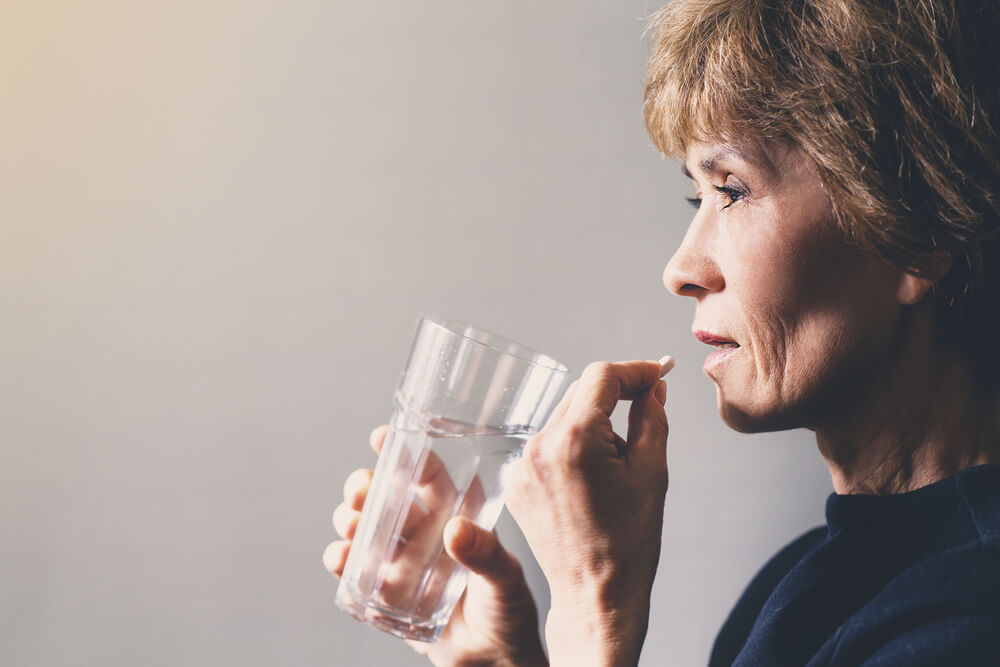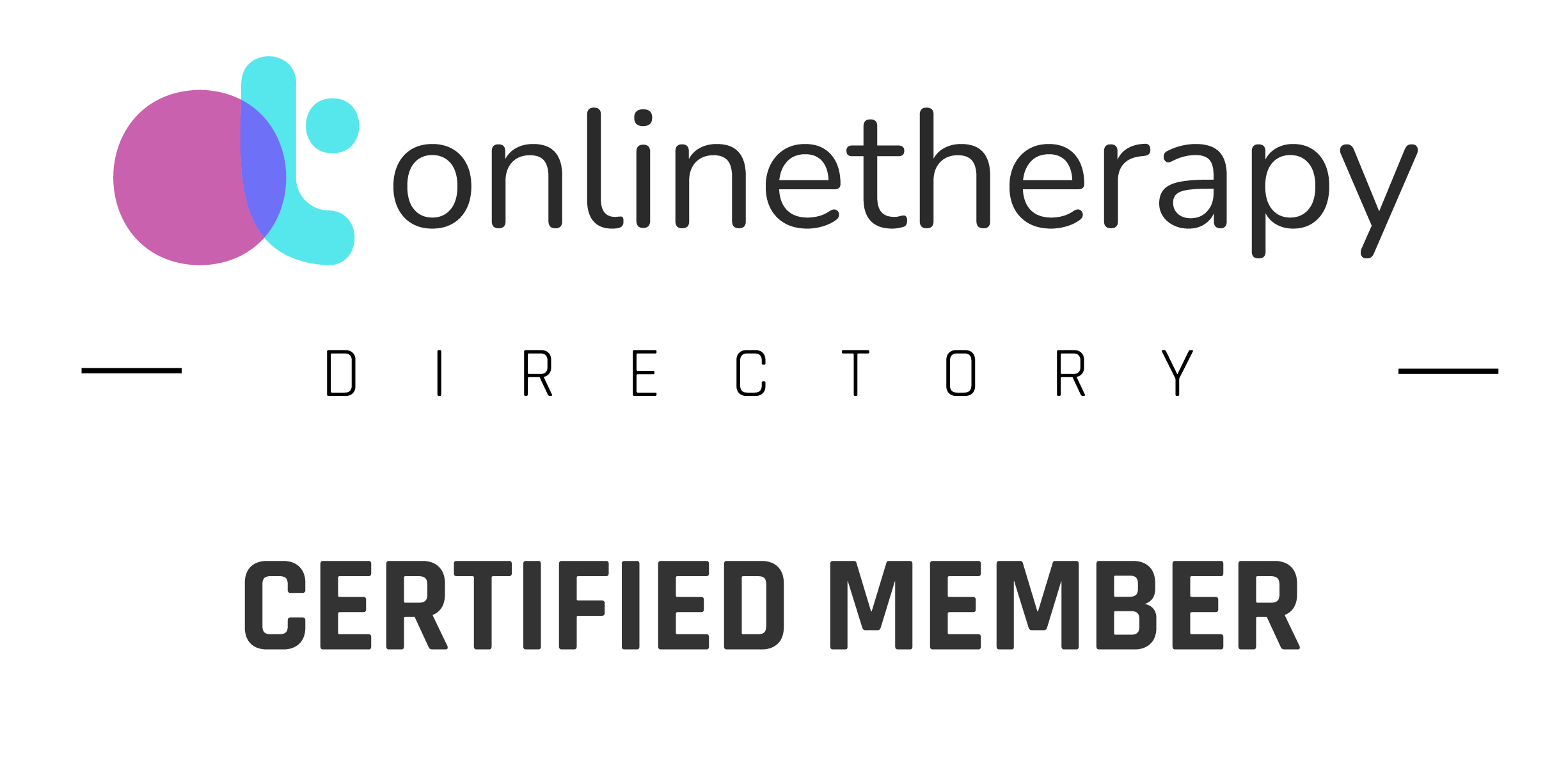In the later chapters of life, the health challenges that often arise can be as complex and diverse as they are numerous. In navigating these, we must be cautious of a seemingly benign practice that can lead to adverse consequences: self-medication. For older people, the act of self-medicating, whether it involves over-the-counter drugs or alternative remedies, is a trend that bears understanding and addressing.
From misconceptions about medication to managing psychological and social pressures, self-medication is a multifaceted issue. We can protect the health of older people by understanding the dangers and factors contributing to this problem. This includes mental and social factors. It is important to gain knowledge to safeguard their health.
Moreover, we will explore strategies for safer medication management, offering a roadmap to a more secure and informed approach to health in the golden years. Let us embark on this journey of discovery to safeguard the health of our aging community.
The Risks of Self-Medication in Older Adults

Older adults are a unique subset of the population regarding health needs and bodily responses. As one age, the body undergoes physiological changes that can increase sensitivity to medications. This, in turn, raises the likelihood of experiencing adverse drug reactions and toxic effects from over-the-counter remedies.
The potential for drug interactions is a particular concern. With many elderly individuals managing multiple chronic conditions, the risk of combining medications that can adversely interact with one another is high. Furthermore, self-medicating can lead to the worsening of underlying health conditions, often due to an incorrect self-diagnosis or a misunderstanding of the medication effect.
Psychological Factors Influencing Self-Medication
Beyond physiological factors, the decision to self-medicate is often influenced by psychological and emotional factors. The elderly faced with loneliness and isolation may turn to self-medication in an attempt to alleviate the emotional burden. Similarly, there is a pervasive fear of burdening an already strained healthcare system coupled with a lack of clear instruction on medication use.
To mitigate these risks, it is essential to recognize and address the emotional reasons behind self-medication and provide alternative support mechanisms. By fostering an environment of openness and support, we can steer seniors away from risky self-medication practices.
Social and Cultural Influences

The social and cultural sphere is a robust influencer of behavior, and self-medication in the elderly is no exception. Senior individuals can be unduly swayed by advertising and media portrayals of pharmaceuticals and alternative medicines, often leading to uninformed decisions about their health. Problems with getting healthcare can make seniors choose to self-medicate, which may be practical but not always safe. This can happen because of where they live or because of money issues.
Family and peer pressure also play a role. The well-meaning insistence of loved ones to try “miracle cures” or disregard for evidence-based healthcare can lead to detrimental outcomes. Families and peers must become allies in educating on and adhering to safe medication practices.
Strategies for Safer Medication Management
Understanding the risks is half the battle. The other half lies in implementing strategies to promote safer medication management. Regular medication reviews by healthcare professionals can help seniors stay abreast of their medical regimen, ensuring that medications are current and properly dosed.
Open communication with one’s healthcare team is equally crucial. By fostering a collaborative relationship, the elderly can be empowered with information to make informed choices about their health. Lastly, exploring alternative therapies and lifestyle modifications offers a holistic approach to healthcare that reduces the reliance on self-medication.
Find Your Balance With Mind and Body Counseling Associates
As we wrap up our exploration of self-medication and the elderly, one thing becomes strikingly clear: knowledge is power. Educating ourselves and our seniors on the risks and intricacies of self-medication will pave the way for a healthier, more empowered aging experience.
At Mind and Body Counseling Associates, we help seniors with their health needs in a safe and supportive environment. From medication management to therapies, our team is here to guide you toward balanced and informed wellness in your golden years. Contact us today to learn more about our services.


